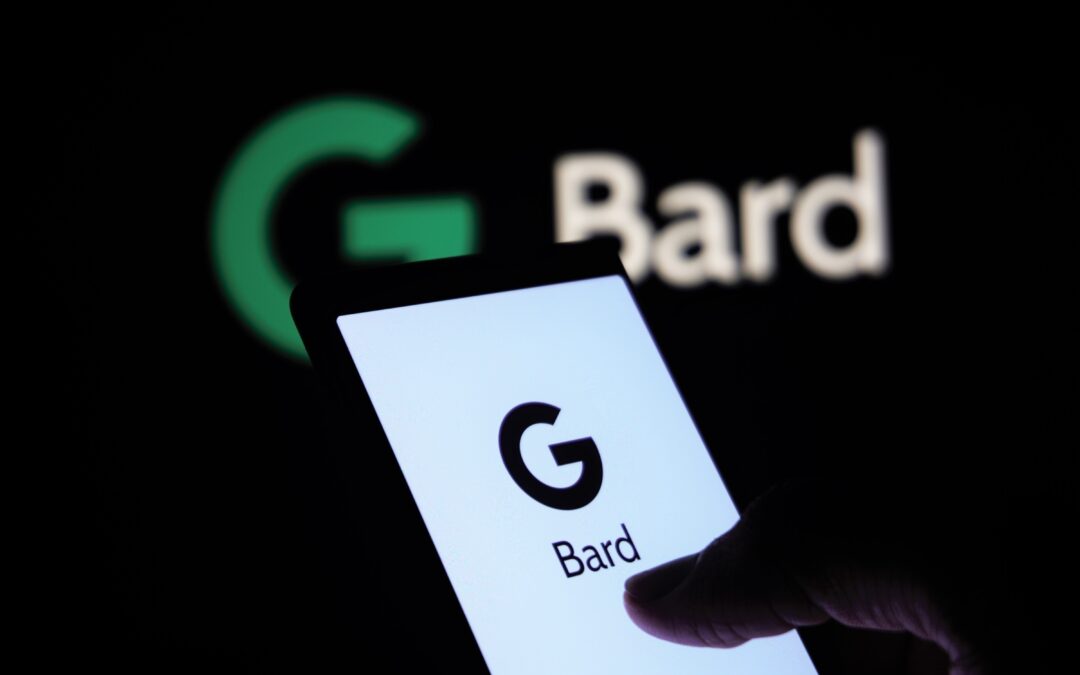Usually within the first few sentences of a conversation about AI, I can tell whether the person I’m speaking to has spent any significant amount of time using the AI tools in question. Since I’m a writer, I’m most familiar with large language models like ChatGPT. I’ve used these types of tools a lot, and to be frank, I’ve almost always been disappointed by the results. Despite learning to use the tools well, it’s still almost always faster to draft my writing from scratch than to work with the text an AI has produced.
I’ve found many people are willing to make broad statements and predictions about AI in general without real experience using the tools or a strong understanding of their capabilities and how they work. There’s a sense of mystery and magic around AI tools that’s caused a lot of people to fall for their marketing without taking the time to truly investigate.
So what does AI mean for writers, for authors, for editors, and for books? Before you start planning to write your next book using AI, let’s examine what they can and cannot do.
Things large language models cannot do:
- Compose meaningful, valuable text from scratch. AI-composed text is often error-riddled and highly generic. In other words, it reads like a lot of “blah-blah-blah” that no one would find helpful or interesting.
- Create logical, cohesive arguments. AI technology lacks the capability to understand, so it cannot build arguments, which is a core part of good writing. It might do so by chance, essentially building something that looks like an argument, but it cannot think out its points and reach a conclusion.
- Develop novel ideas and bring personal expertise or perspective to the text.
Things large language models do well:
- Check spelling, grammar, syntax, diction, and other editorial tasks
- Generate idea-starters for book titles, subtitles, and headlines
This is not an exhaustive list by any means. And of course, there are also a large number of tasks AI can perform at a mediocre level, such as composing paragraphs; writing outlines; shortening, lengthening, or rewording text; providing research assistance; and a wide variety of other functions. However, this is your book we’re talking about—you don’t want any part of it to be mediocre.
How useful artificial intelligence can be often depends on the skill of the user. While it can’t even come close to replacing human writers, it can be a useful tool to speed up and improve your writing and editing process if you know how to use it well. If you want to learn how to use AI writing tools effectively, check out my book Artificial Intelligence for the Freelance Writer.
Whether you find the development of AI tools exciting or worrisome, there’s no denying the hype around its capabilities and people are either worried by it or enamored with its potential. Both opinions stem from a lack of understanding of what the currently existing tools can actually do, and do well. So will AI change the book world? For now, only in small ways. So let’s keep on writing.

Megan Terry has worked with Aloha Publishing since 2018 as an editor and ghostwriter and writes creativity, writing, and productivity tips for the Aloha blog. She has a BA in creative writing from Whitworth University and a graduate certificate from the Denver Publishing institute. Her writing has been published in Forbes and Entrepreneur magazines. Megan currently lives in the forest in Michigan’s Upper Peninsula with her geologist husband and spends her free time riding horses, writing fiction, and sewing fabulous costumes for conventions and historical events.

